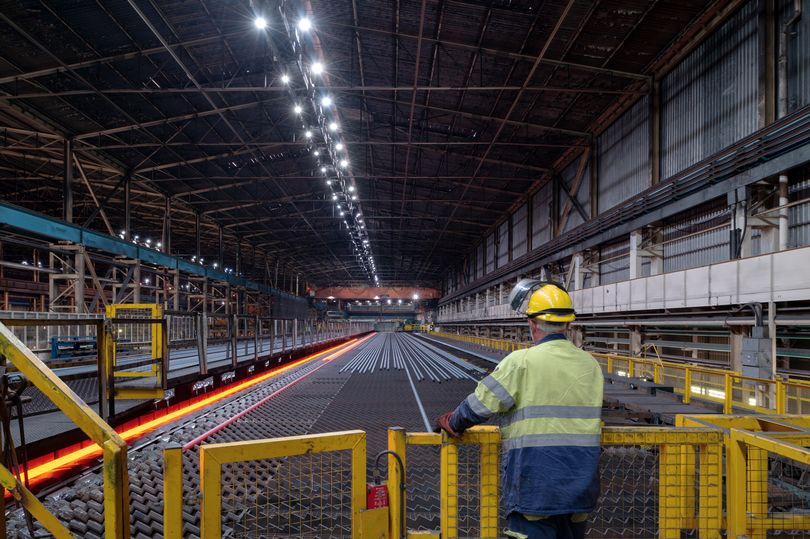The main trade union at Liberty Ostrava, the Czech Republic’s biggest steelmaker, threatened strike action April 13 amid concerns surrounding the future of the works, owned by UK-based Liberty Steel Group.
Liberty Steel Group is facing a financing squeeze following the collapse last month of its major financier Greensill Capital.
All labor unions at Liberty Steel Ostrava have now issued strike warnings due to their “increasing concerns” at the situation facing Liberty Steel Group and its parent, the international group GFG Alliance, the OS KOVO Liberty Czech Republic union, the works’ biggest union, announced on its web pages April 13.
Liberty Steel Ostrava has an annual production capacity of 3.6 million mt and employs around 6,000 people.
A GFG Alliance spokesperson said in an emailed statement that GFG is “deeply disappointed by the response of the unions to the current situation at LIBERTY Ostrava, which can only add to the uncertainty following the collapse of Greensill. We are ready to engage with the unions to reduce their concerns over the issue they have raised.
“The improved financial performance at the plant builds on its operational and commercial improvement efforts over the last year as well as the strong recovery of the market and steel prices, which currently stand at their highest levels for thirteen years. These have all led to the Ostrava mill operating at full capacity. The company continues to be fully booked and has secured the material required to run at full capacity. The business is prudently managing its cash flows to maintain a healthy buffer while the group refinances its debt.”
Carbon emissions allowance sales
The unions’ worries focus in particular on suggestions in international media that Liberty management will attempt to lend carbon emission allowances saved up by the Ostrava steelworks to the Romanian Galati Steelworks, also a member of the Liberty Group, which reportedly has no allowances to continue operations.
“We categorically refuse the option of lending emissions allowances from Liberty Ostrava to the Galati Steelworks,” OS KOVO union branch chairman, Petr Slanina, was cited as saying on the website. According to the union official, media reports have suggested the Romanian steelmaker had sold carbon allowances worth Eur100 million ($119 million) last year.
Slanina said that Liberty Ostrava has saved around 5 million carbon allowances, worth around Eur200 million at current prices, over recent years. Liberty Steel promised when taking over the Ostrava steelmaker in 2019 that cash from the sale of the emissions allowances would be used for modernization of the steelworks, including the installation of two new hybrid furnaces by 2023, he added.
“In common with other large industrial companies, LIBERTY Steel Group businesses trade carbon credits as part of the usual course of business,” the GFG Alliance spokesperson countered. “That includes transactions to buy and to sell credits according to their business requirements and according to the market price. We do not comment on our sites’ current balances for commercial reasons but expect them all to surrender the correct number of credits to the EU Registry at the end of April.”
Funds reportedly in Greensill account
The unions also appealed to local management to take all the necessary steps needed to prevent any flow of capital or assets out of the Ostrava steelmaker. The unions said that the Czech steelmaker had been given an operating loan of Koruna 2.0 billion ($92.2 million) by the Czech state-owned bank, EGAP, to help it deal with the coronavirus pandemic but they say these funds had never been drawn on.
The unions said they had information from management that the funds were now in the account of Greensill Capital, which filed for insolvency at the end of March, and could no longer be used by the Ostrava steelmaker.
The unions said that because of the financial problems, the Ostrava steelmaker has lost the trust of some of its business partners and has been forced in recent weeks to pay for raw materials in advance.
— Chris Johnstone and Diana Kinch






